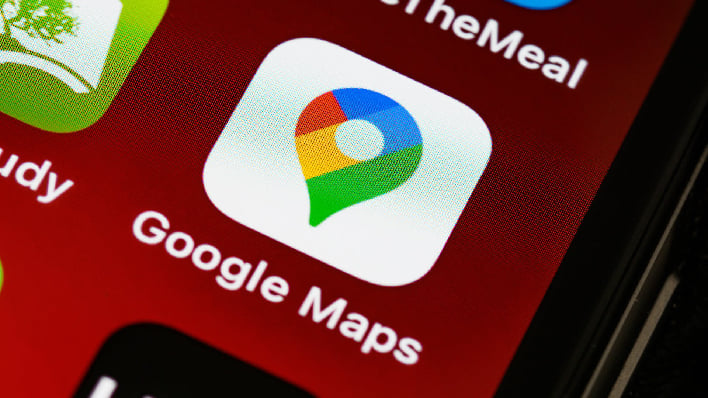Google Stands Up For Privacy, Kills Access To Maps Location Data And Police Warrants
The company says it wants users to “spend less time worrying” about their data, and “more time exploring new places.” Google Maps is used by millions regularly to navigate trips all around the world. Currently, if a user has opted to turn Location History on (it is off by default), the data collected is stored in the cloud and visible to Google. However, soon a person’s Timeline, which is powered by Location History, will be stored directly on the user’s phone instead. Users will be able to delete all or part of their information at any time, or choose to disable the Location History setting altogether.
If someone turns on Location History, an auto-delete control will automatically be set to three months by default. This means that it will automatically delete any data older than three months. Before the upcoming change, the option was set to 18 months. Anyone that would like to save memories from their Timeline for longer periods of time can choose to extend the duration, or turn off auto-delete completely.

The upcoming changes to Google’s Timeline feature will roll out gradually throughout the coming year on Android and iOS. Users will receive a notification when the update comes to their account.
Another feature being added is the ability to delete activity related to specific places. Perhaps someone is planning a surprise birthday party and does not want their significant other to sneak a peek at their smartphone. Users will be able to easily delete searches, directions, visits, and shares with just a few taps. This feature will begin rolling out to both Android and iOS in the coming weeks.
One final feature Google will add soon is access to key location controls from the blue dot in Google Maps. The blue dot shows a user where they are currently located on Google Maps. The new feature will allow them to bring up key location controls with a simple tap of the blue dot. Users will be given a prompt explaining whether their Location History or Timeline settings are turned on, and whether they have given Maps access to the device’s location.
In a day and age where many people’s lives are plastered all over the internet, Google’s privacy changes are a welcome development.


